- JMANZOORMD@EMBODIEDMINDLLC.COM
- 201-266-3942
- New Jersey
services
services we provide
We provide comprehensive, integrated, and personalized psychiatric care and therapy. We work collaboratively with your other provider (s) to care for our clients.
We offer a full range of treatments including:

Psychiatric Evaluations
A psychiatric assessment, or psychological screening, is the process of gathering information about a person within a psychiatric service, with the purpose of making a diagnosis. The assessment is usually the first stage of a treatment process, but psychiatric assessments may also be used for various legal purposes.
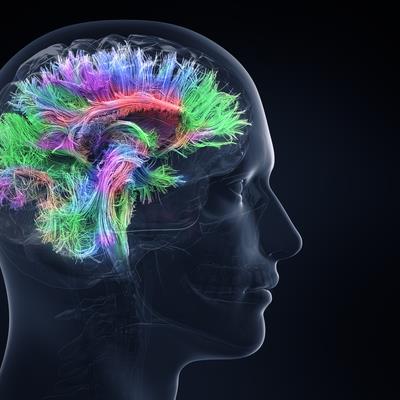
Psychopharmacology Services
Psychopharmacology is the use of medication to treat mental health issues such as depression, anxiety, post-traumatic stress disorder (PTSD), and schizophrenia.

Treatment Induction and Maintenance
A medication to induce remission (induction treatment) and a medication to keep you in remission (maintenance treatment).

second Opinion Consultations
A second opinion consult allows a member of our team to discuss the specifics of your care one-on-one.
Telepsychiatry
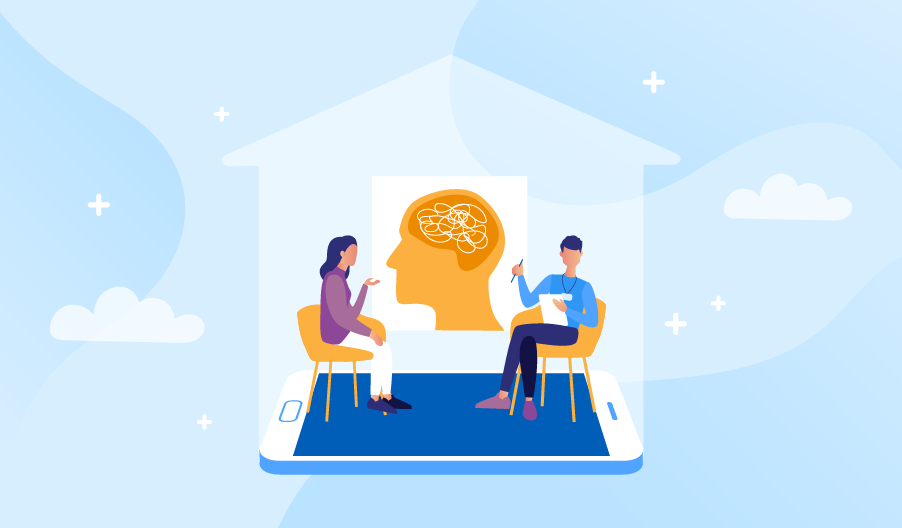
Telepsychiatry is the application of telemedicine to the specialty field of psychiatry. The term typically describes the delivery of psychiatric assessment and care through telecommunications technology, usually videoconferencing.

Clearance for Surgical Procedures
The term is often used by surgeons requesting a psychiatric evaluation before performing surgery on a patient.

cognitive Behavioral Therapy
Cognitive behavioral therapy (CBT) is a talking therapy that can help you manage your problems by changing the way you think and behave.
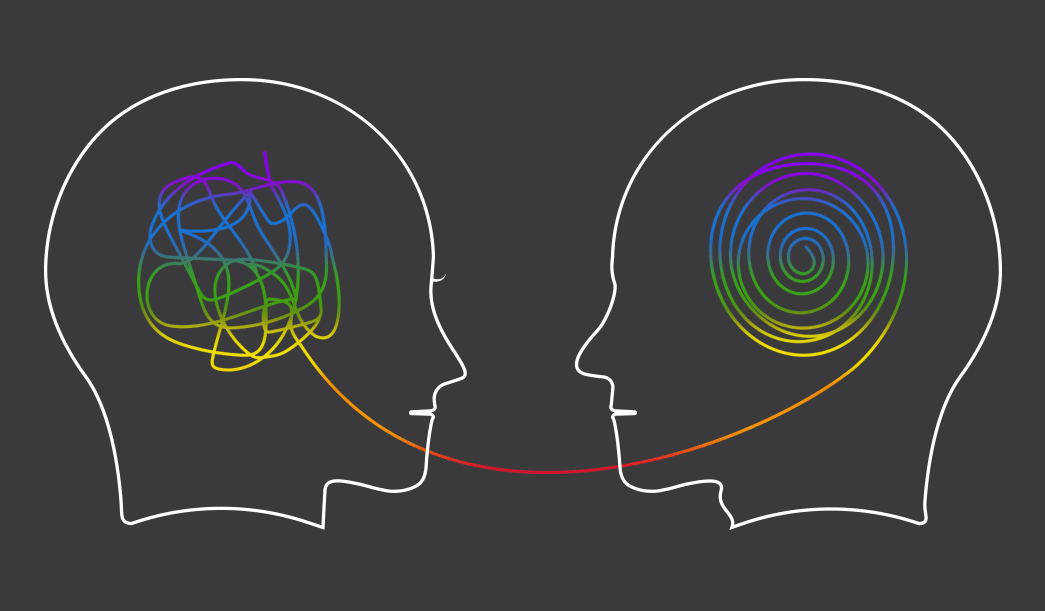
Psychodynamic Psychotherapy
Psychodynamic psychotherapy is a form of psychological therapy. Its primary focus is to reveal the unconscious content of a client's psyche in an effort to alleviate psychic tension, which is inner conflict within the mind that was created in a situation of extreme stress or emotional hardship, often in a state of distress.

Supportive Psychotherapy
Supportive psychotherapy is a dyadic treatment that uses direct measures to ameliorate symptoms and to maintain, restore, or improve self-esteem, ego functions, and adaptive skills.
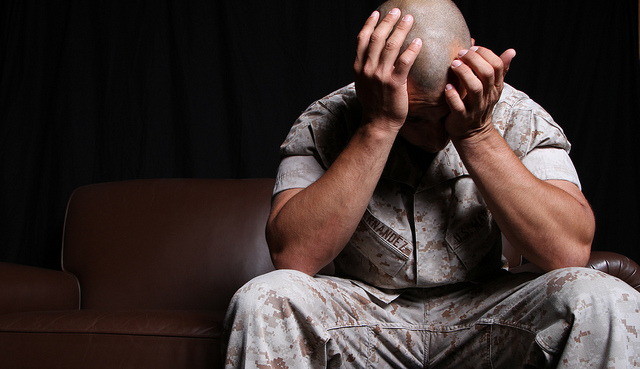
Anxiety Disorders including OCD and PTSD
They are characterized by feelings of worry, anxiety, or fear that are strong enough to interfere with one's daily activities. Examples of anxiety disorders include panic attacks, obsessive-compulsive disorder, and post-traumatic stress disorder. Symptoms include stress that's out of proportion to the impact of the event, inability to set aside a worry and restlessness. Treatment includes counseling or medications, including antidepressants.
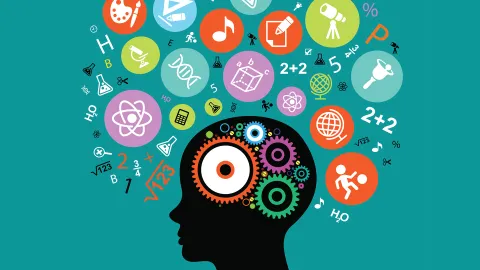
Attention Deficit Hyperactivity Disorder (ADD/ADHD)
Attention deficit hyperactivity disorder (ADHD) is a condition that affects people's behavior. People with ADHD can seem restless, may have trouble concentrating and may act on impulse.

Behavioral Problems
The most common disruptive behavior disorders include oppositional defiant disorder (ODD), conduct disorder (CD), and attention deficit hyperactivity disorder (ADHD).
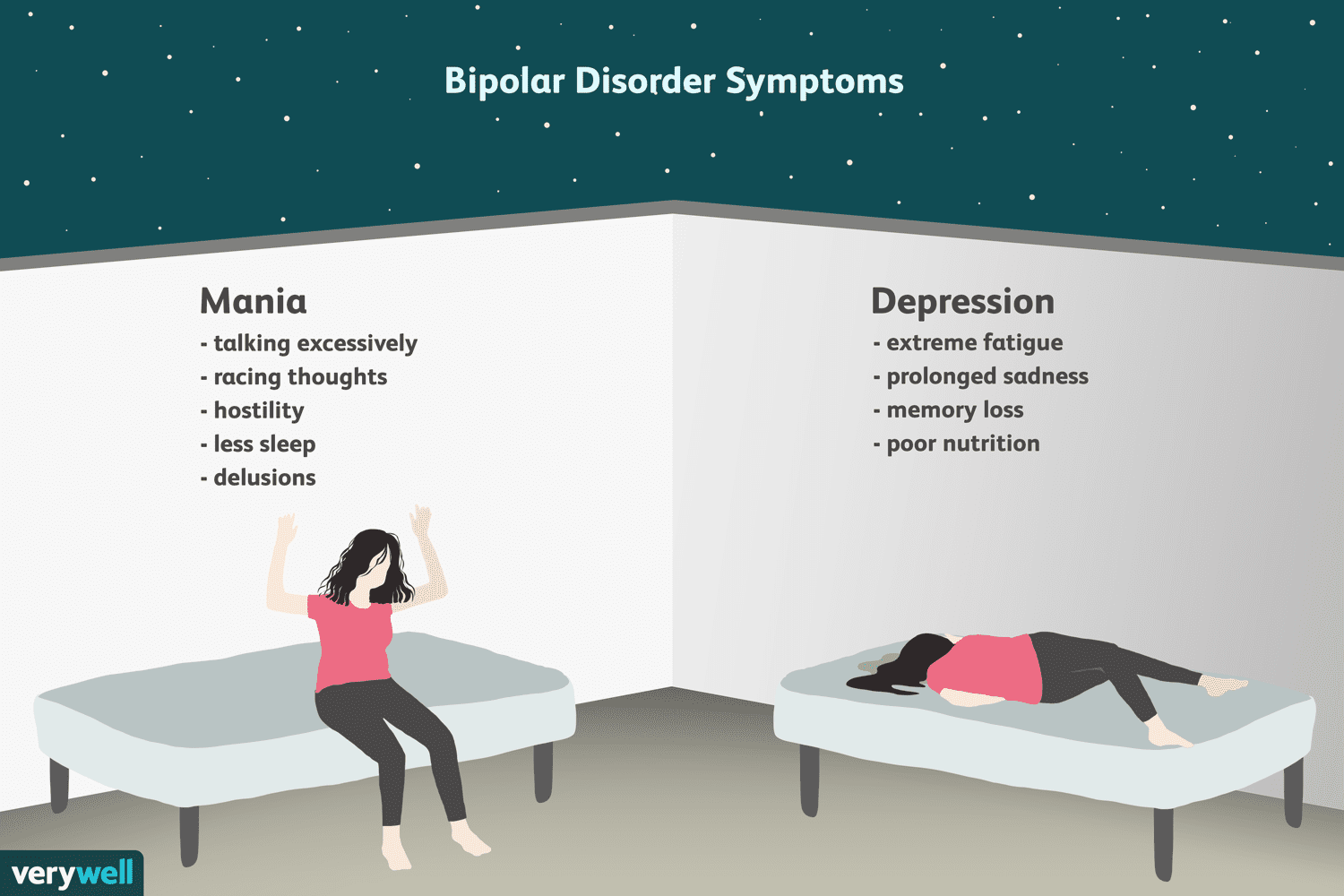
Bipolar Disorder
Bipolar disorder is characterised by extreme mood swings. These can range from extreme highs (mania) to extreme lows (depression). Episodes of mania and depression often last for several weeks or months.

Depression
Depression is a mood disorder that causes a persistent feeling of sadness and loss of interest. Also called major depressive disorder or clinical depression, it affects how you feel, think and behave and can lead to a variety of emotional and physical problems.
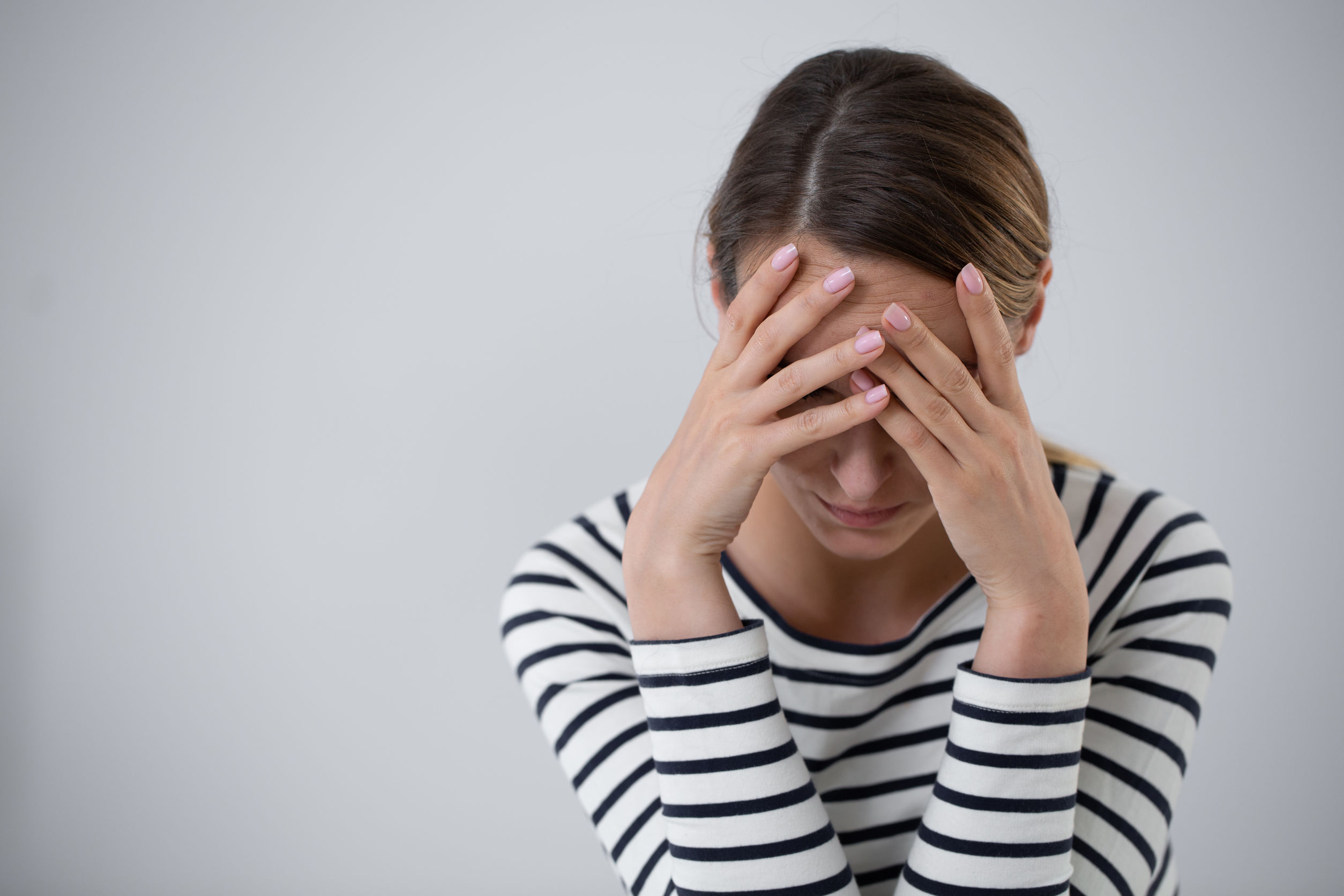
Mood Disorders
If you have a mood disorder, your general emotional state or mood is distorted or inconsistent with your circumstances and interferes with your ability to function.

Personality Disorders
A personality disorder is a type of mental disorder in which you have a rigid and unhealthy pattern of thinking, functioning and behaving. A person with a personality disorder has trouble perceiving and relating to situations and people.
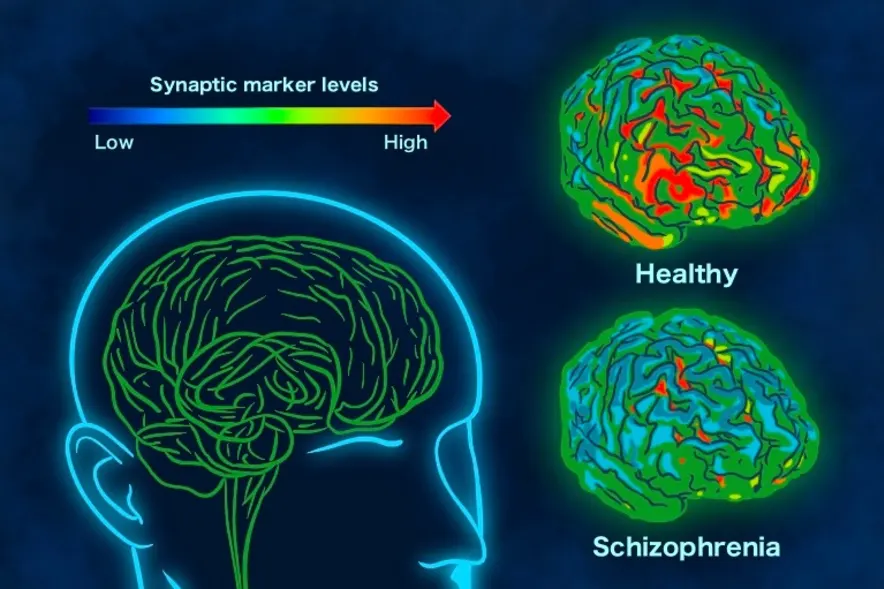
Schizophrenia
Schizophrenia is a serious mental disorder in which people interpret reality abnormally. Schizophrenia may result in some combination of hallucinations, delusions, and extremely disordered thinking and behavior that impairs daily functioning, and can be disabling.

Sleep Problems
Sleep disorders (or sleep-wake disorders) involve problems with the quality, timing, and amount of sleep, which result in daytime distress and impairment in functioning. Sleep-wake disorders often occur along with medical conditions or other mental health conditions.

Social Phobia
Social anxiety disorder, also called social phobia, is a long-term and overwhelming fear of social situations. It's a common problem that usually starts during the teenage years. It can be very distressing and have a big impact on your life. For some people it gets better as they get older.

Substance Abuse and Addiction
The use of illegal drugs or the use of prescription or over-the-counter drugs or alcohol for purposes other than those for which they are meant to be used, or in excessive amounts. Substance abuse may lead to social, physical, emotional, and job-related problems.

